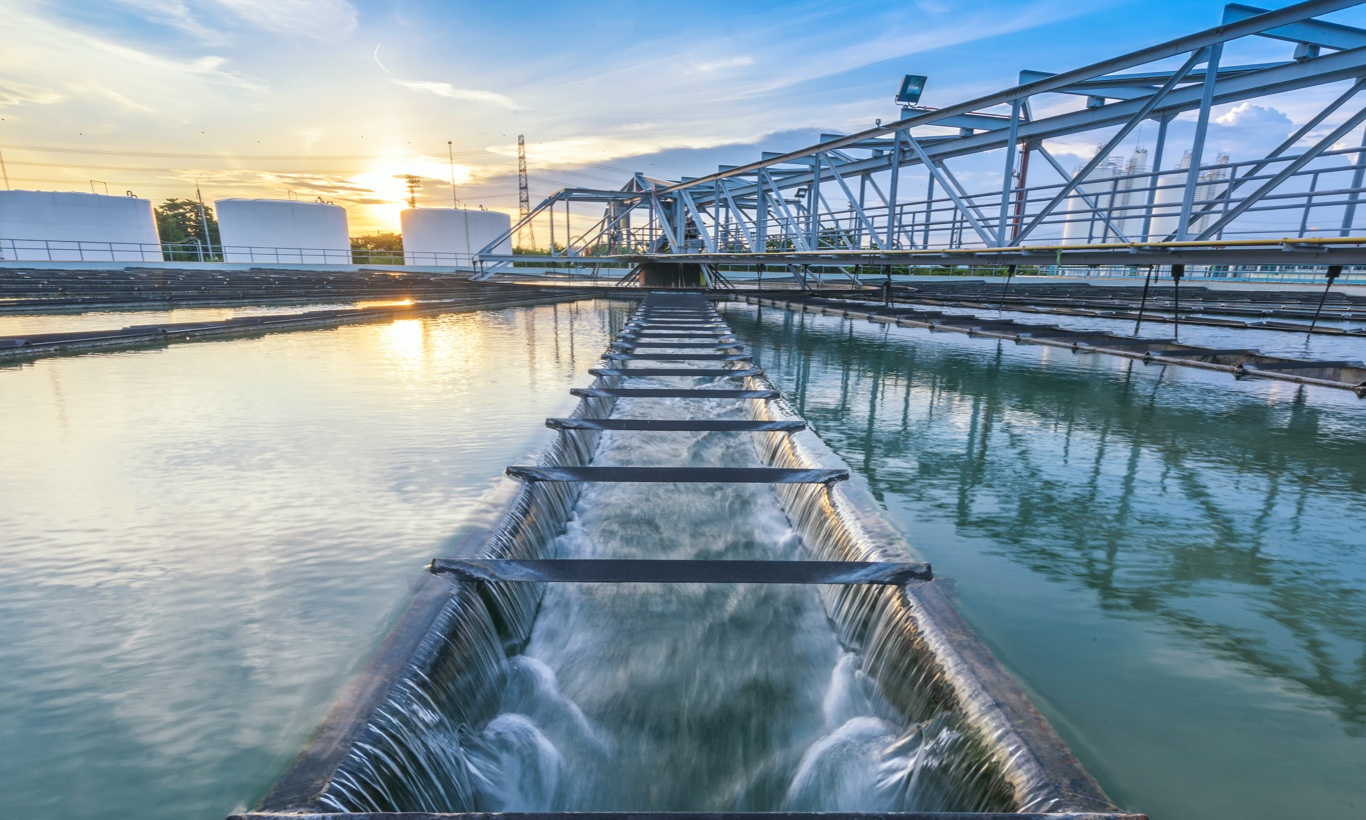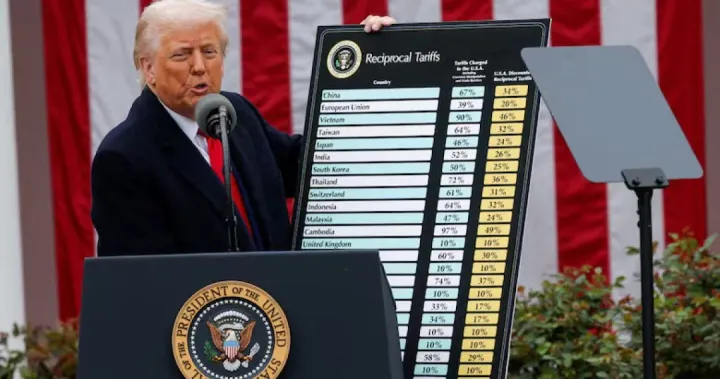Water as the New Gold: Price and the World’s Next Big Asset
Clean water is becoming scarce, water prices are traded like gold. The world’s future is defined by those who control water resources.

Clean water is fast becoming one of the world’s most vital and contested commodities. The latest World Economic Forum (WEF) report states that 60% of global Gross Domestic Product (GDP) is highly dependent on water availability and healthy water ecosystems. However, over the past five decades, global per capita water reserves have dropped sharply by as much as 24%, according to OECD data. This growing scarcity reinforces predictions that water will soon become the new “gold” or even as valuable as bitcoin in terms of international value and trade.
Water: A High-Value Commodity
Demand for clean water is surging across the globe. Population growth, industrialization, and climate change are the primary causes of declining water supplies. In Europe, around 30% of the population now faces “water stress” each year. Urbanization and pollution further exacerbate the situation, making clean water increasingly inaccessible to the masses.
Since 2020, water has officially been traded as a commodity on the US futures market through the Nasdaq Veles California Water Index (NQH2O). Water has now taken on a strategic role, previously only held by oil and precious metals like gold. However, the water futures market still faces low liquidity, recording just 59 to 275 contracts per month—far below the healthy global market standard of more than 1,000 contracts (CME Group).
The Global Water Crisis Risk
The water crisis has real impacts on the world’s economy and food security. A joint study by the European Central Bank (ECB) and Oxford University estimates that extreme drought could slash economic output in the Eurozone by up to 15%. On the other hand, the Global Commission on the Economics of Water warns that 50% of global food production is at risk of a water crisis in the next 25 years (The Guardian).
Cape Town, South Africa, is a stark example of how expensive water can be. A crisis there led to the loss of 20,000 agricultural jobs. Meanwhile, the value of global property assets at direct risk from water scarcity is predicted to reach USD 145 trillion by 2025 (World Bank).
Water Investment and Innovation
Nations and multinational corporations are racing to invest in the water sector. Green infrastructure, such as constructed wetlands in Italy, has yielded a return on investment (ROI) of up to tenfold. Major companies, including those in the food and beverage sector, are adopting “net water positive” targets to manage water risks and uphold sustainability principles. Developments in clean water processing infrastructure are also becoming increasingly attractive investment opportunities.
Water Conflict and Geopolitics
Water scarcity is also fueling tensions between countries. Disputes over water are already evident in the Nile Basin, the Indus River region between India and Pakistan, and agricultural areas in California and Australia. By 2050, an estimated 1.2 billion people could become refugees due to water and climate crises. This data further highlights the urgent need for fair and sustainable clean water management (Wikipedia: Water Security).
Water as a Decisive Asset for the Future
The transformation of water into a strategic asset and globally traded commodity is positioning water as a key determinant of the world’s future. Not merely an economic or investment instrument like gold or bitcoin, water is a basic necessity for all humanity. Those who control water resources will hold significant power over the world’s economic, political, and social future.
The main challenge going forward is to ensure access to and management of water is carried out fairly, sustainably, and not merely as a playground for market speculation. Amidst global dynamics, water has ascended as the “new gold” whose value keeps rising and is now sought after by all parties across the globe.





Comments ()